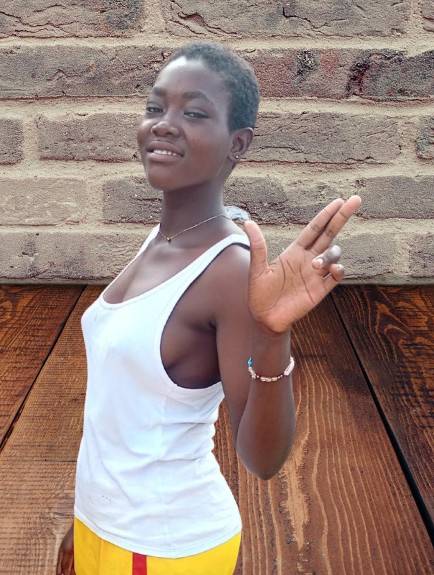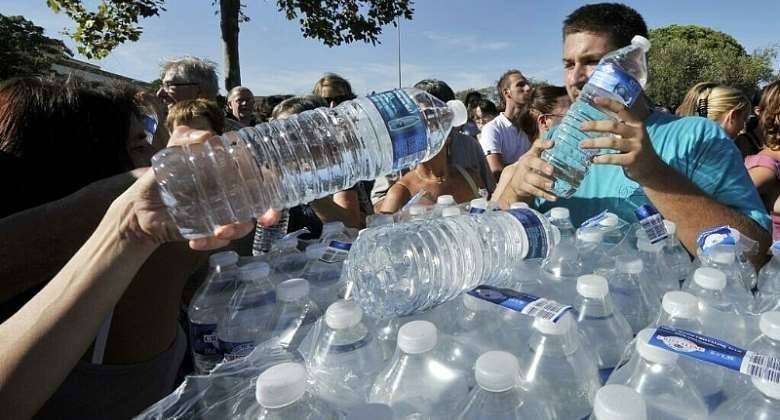A French study published this week shows that 78 percent of bottled mineral water analyzed contains microplastics. The organization Agir pour l'environnement calls for a ban on plastic bottles under five years.
The results of a study called "We drink plastic" (Nous buvons du plastique), published on Thursday by Agir pour l'environnement, show that out of nine bottles of mineral water analyzed, seven were found to contain microplastics.
The best-selling bottled waters in France were analyzed by the Labocea public laboratory in Brittany. The particles found include polyethylene terephthalate (used in plastic bottles) and polyethylene (used in bottle caps).
These microplastics are particles smaller than 5 millimeters and were generally found in small quantities. Worryingly, the water specifically sold "for children" (Vittel kids) had a concentration twenty times higher than the others.
"Contamination comes from the packaging, whether it's the bottle, the cap or the lid," explains Magali Ringoot of Agir pour l'environnement. Plastic has no place in bottled water. The additives are subject to industry secrecy, so we don't know exactly what chemical cocktail we're exposed to."
The plastic in the cap or bottle can actually break down into micro fragments and expand in the water. When exposed to intense heat and light, the containers could release even more microplastics.
According to Nathalie Gontard, a packaging specialist at France's National Research Institute for Agriculture, Food and the Environment (Inrae), "plastics degrade inexorably and begin to disintegrate even before we start consuming water."
In France, 83 percent of people consume bottled water. In 2019, they consumed 133 liters of bottled water per capita, 8.9 billion liters for the entire French population.
On average, people consume five grams of plastic each week, equivalent to the "weight of a credit card", through the water they drink and various foods.
Extensive water contamination
In March 2018, the publication of an American study caused a stir: for the first time, the systematic and worldwide contamination of bottled water with microplastics was brought to light. Microplastics were detected in 93 percent of the 250 bottles analyzed from 11 brands in 9 different countries.
In 2019, the World Health Organization published a report entitled "Microplastics in Drinking Water", in which it officially recognized the phenomenon of large-scale contamination of water in rivers and oceans, which inevitably finds its way into domestic supplies.
The organization says it is difficult to assess the health risks posed by microplastics due to a lack of studies.
However, animal research is not very reassuring and suggests that the ingestion of plastic micro- and nano-particles has an adverse effect on the intestinal microbiota, metabolism or even the brain.
Call to stop single-use packaging
As water bottles are single-use packaging, they will fall within the French government's goal to eliminate such packaging by 2040.
However, Agir pour l'environnement called for a ban on single-use plastics within five years, prioritizing packaging, which is responsible for 45 percent of plastics.




No comments yet
Be the first to share your thoughts!